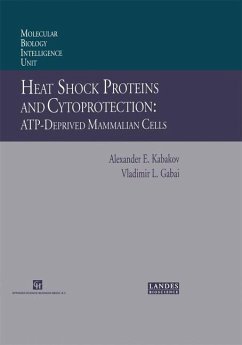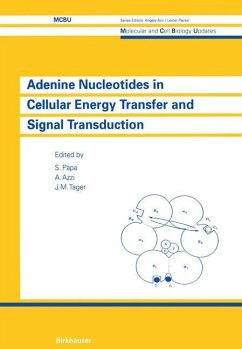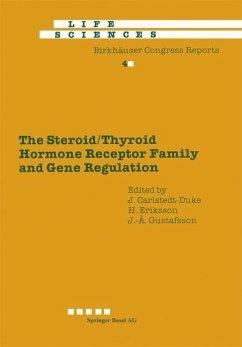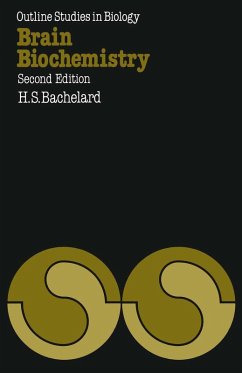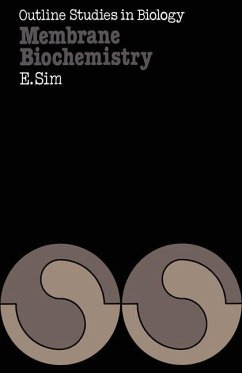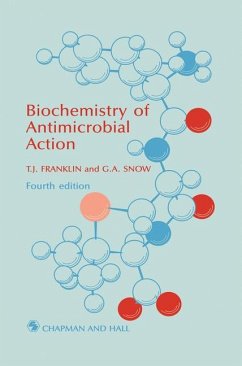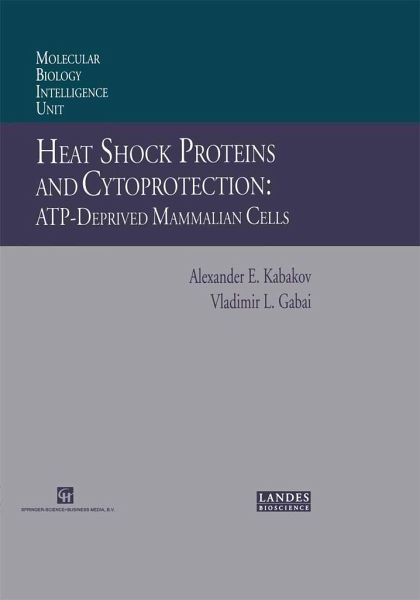
Heat Shock Proteins and Cytoprotection
Atp-Deprived Mammalian Cells
Versandkostenfrei!
Versandfertig in 6-10 Tagen
76,99 €
inkl. MwSt.
Weitere Ausgaben:

PAYBACK Punkte
38 °P sammeln!
This book considers a recently discovered function of heat shock proteins (HSP): adaptation of mammalian cells to energy deficiency. It discusses the following main problems: 1) how do cells sense transient ATP decrease and why does it evoke heat shock response?; 2) how can HSPs protect cells from damage and death and what are their intracellular targets?; 3) what may be a clinical application of HSP-mediated adaptation to ischemia?





